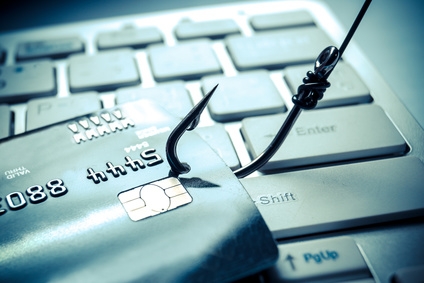
Yes, English is a living breathing language — constantly morphing, adding words, dropping others, and accepting new definitions.
Texting etiquette and a new social media/digital order makes that even more complicated.
OMG…just the new acronyms alone are challenging (YMMV).
And yet, in the world of journalism, business, law, government, banking, medicine, and countless other professions, every word means something – and spelling it wrong means something else (usually that you’re uneducated). Heck, even the lowly comma (or lack of it) recently led to a 10-million dollar settlement in a court of law.
Not to be snooty, snobbish, or condescending, but correct spelling STILL has value.
Often in this blog…if I hafta…I’ll break some rules if I wanna be more conversational. Yeah, I’m gonna go there. But as a TV journalist, I’m classically trained as a good speller, because the alternative brings down the wrath of any number of viewers (former English teachers?) who don’t brook any mistakes in the closed captioning.
Most voice actors are good spellers, and it drives us nuts when we see crappy copy, deplorable directions, and pathetic punctuation. It actually changes the way we read things!
So imagine my churlish pride to see time and again the red flag of bad spelling show up in warnings about various phishing and fraud email scams.
And if not spelling, then bad grammar, awkward sentence structure, or even spurious references, that — when you think about it for a second — don’t fit a normal pattern of casting calls or audition requests.
These are the helpful tools of linguists, translators, and forensic sociologists as they try to dissect who actually wrote ancient texts like the Bible or Shakespeare. There’s a science to it, but more importantly for the purposes of identity protection, there’s also a common sense factor that comes into play here.
Yes, crafty scammers in the Philippines or Nigeria can approximate the look and feel of Bank of American graphics, for example, but almost always the syntax or spelling in the text gives them away.
That may not be the argument for good spelling that you’ll learn in graduate level courses at Oxford, but it’s all part of the argument FOR the need to spell correctly.
IT. DOES. MATTER.
AS a good speller, I subconsciously think just a little bit less of an author when I find a misspelling. I’m guilty of making spelling mistakes, I’m sure; but more often than not, it’s a typo or an absent-minded choice of words (there v. their)…not an outright ignorance of correct spelling. Of course, I’m equivocating…a misspelled word is a misspelled word, no matter the motive. I’m then guilty of bad proofreading if nothing else.
Imagine how a misspelling sits with exacting HR people perusing resumes or a prospective client checking out your newsletter?
There are so many tools to help with spelling these days that there’s really no excuse for its presence in copy.
One of my favorites is GRAMMARLY.COM. Install the extension on your browser, and the app runs in the background underscoring words it thinks are misspelled, bad grammar, and wrong punctuation. Hover your mouse over the underscored word, and it offers alternatives and reasons why it thinks you’re wrong.
At the end of the week, it sends you a summary of how many words you wrote, how big your vocabulary is compared to others, and how many mistakes it thinks you made.
See? Now you have no reason to be a bad speller.
Just know one when you see one.
CourVO
P.S. While I’m a good speller, I break punctuation rules regularly. Like most voice actors, I tend to put commas where I think a person speaking the words should pause. That’s not necessarily where they should go grammatically. I also use ellipses and parenthetical phrases too much. Finally, I always take a big breath before publishing a blog on spelling or grammar, because I’ll inevitably hear from someone who’s an even greater prude than ME, telling me I’ve made a mistake somewhere. Maybe so…but I’m no spammer.
